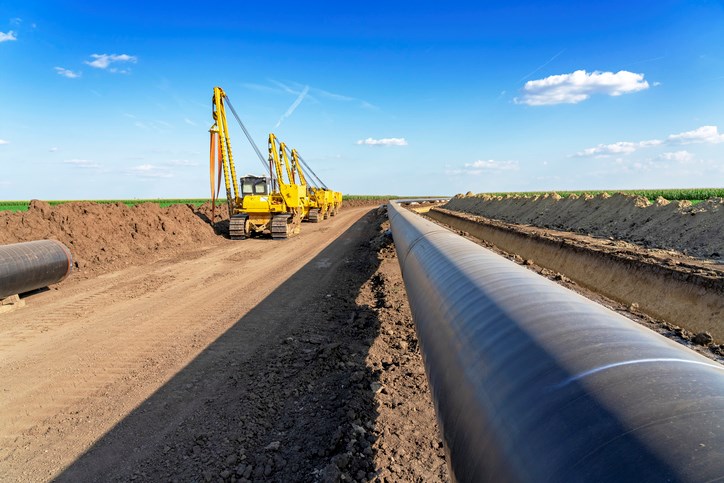REGINA - The Government of Saskatchewan announced that pipelines transporting carbon dioxide (CO2), whether for carbon capture utilization and storage (CCUS) or enhanced oil recovery (EOR), are now eligible for the provincial Oil Infrastructure Investment Program (OIIP).
The OIIP was introduced by the Ministry of Energy and Resources in 2020 and offers transferable oil and gas royalty/freehold production tax credits, at a rate of 20 per cent of eligible costs, for qualified infrastructure projects that significantly increase provincial pipeline capacity. Government investment follows up front private investment and so far, has successfully attracted over $76 million in private investment in Saskatchewan.
"Today's announcement delivers on a key commitment made in our provincial CCUS priorities, announced in September, which will strengthen Saskatchewan's position as a global CCUS leader," Energy and Resources Minister Bronwyn Eyre said. "This will lead to significant investments in new energy projects that contribute to a strong, sustainable Saskatchewan, as the energy sector achieves its emissions goals."
Saskatchewan is already a world leader in CCUS, particularly with EOR. Saskatchewan has experienced significant success in applying CO2 for EOR, which produces approximately 82 per cent fewer net emissions than traditional oil and gas extraction methods. Over the last 25 years, provincial EOR projects have sequestered more than 40 million tonnes of CO2 and resulted in over 100 million barrels of incremental oil production.
The Government of Saskatchewan anticipates that CCUS projects will attract provincial investment of more than $2 billion and sequester over two million tonnes of CO2 annually.
OIIP, when fully applied, will assist in generating a total investment impact of at least $500 million in new and expanded pipeline capacity in Saskatchewan, while allowing for further industry adoption of CCUS for reduction of greenhouse gas emissions and CO2 deployment in EOR.






